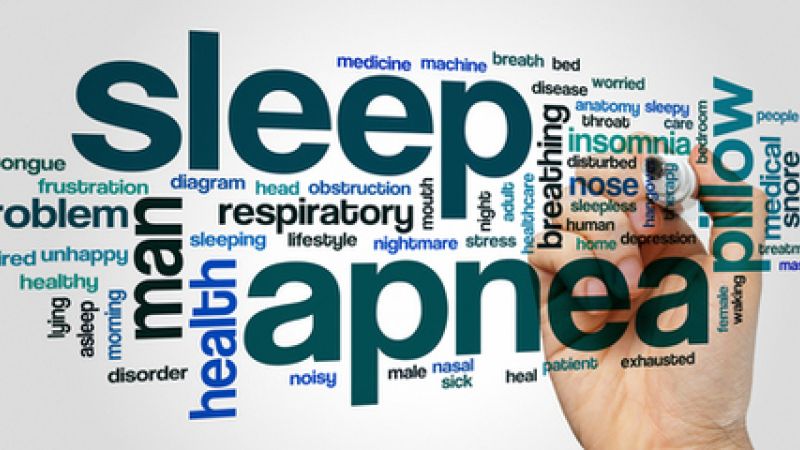A good night’s sleep can help you retain memories, stabilize your metabolism and ultimately keep you living longer. While occasional snoring is common for most people, sleep apnea can be a sign of trouble with other parts of your system. Sleep apnea is treatable, however, if left unattended; it could lead to more serious health risks.
What is Sleep Apnea?
Sleep apnea is a disorder which interrupts your natural sleep cycle by affecting your breathing during sleep. During your sleep cycle, your breathing may be very shallow or even pause up to 20 seconds resulting in choking or gasping for air. 20 seconds may not seem like a long time, but this pausing of breath can occur up to hundreds of times throughout the night, depriving both your body and your brain of the essential benefits of sleep.
This form of chronic sleep deprivation often leads to more serious health risks such as heart disease, high blood pressure, diabetes, stroke and weight gain. Without a full cycle of deep restorative sleep each night, you will also lose energy, mental sharpness, and productivity due to daytime sleepiness. You may also be irritable in the morning, have trouble concentrating, suffer from dry mouth, urinate frequently at night, or wake up with headaches. There are three types of sleep apnea that may be disrupting your sleep cycle that range from different severity levels and have different effects on your body:
Obstructive Sleep Apnea: The most common form of sleep apnea that occurs in your throat. The soft tissues relax and block the airways causing loud snoring.
Central Sleep Apnea: A less common type of sleep apnea involving less snoring and the central nervous system. This type of sleep apnea occurs when the brain does not communicate to the muscles that trigger breathing.
Complex Sleep Apnea: The combination of both obstructive and central sleep apnea where the throat and the brain are involved in disruptive breathing and sleeping.
The Treatments
There are many ways to treat sleep apnea; however talking to your doctor is always recommended before making a decision. For moderate to severe sleep apnea, sleep specialists can diagnose your symptoms and find an effective treatment plan, that may include one or all of the following:
- Diagnosing the underlying condition and appropriately treating the cause.
- Using oxygen throughout sleep.
- The use of breathing devices such as CPAP (Continuous Positive Airflow Pressure) to treat severs sleep apnea, BPAP (Bilevel Positive Airway Pressure), or ASV (Adaptive Servo-Ventilation).
- Dental Devices designed for sleep apnea such as the tongue retaining device or the mandibular repositioning device.
- Surgery, as recommended by your doctor, for sleep apnea.
If you think you might be suffering from sleep apnea, we strongly recommend making an appointment with your physician to discuss the best course of action for you.

